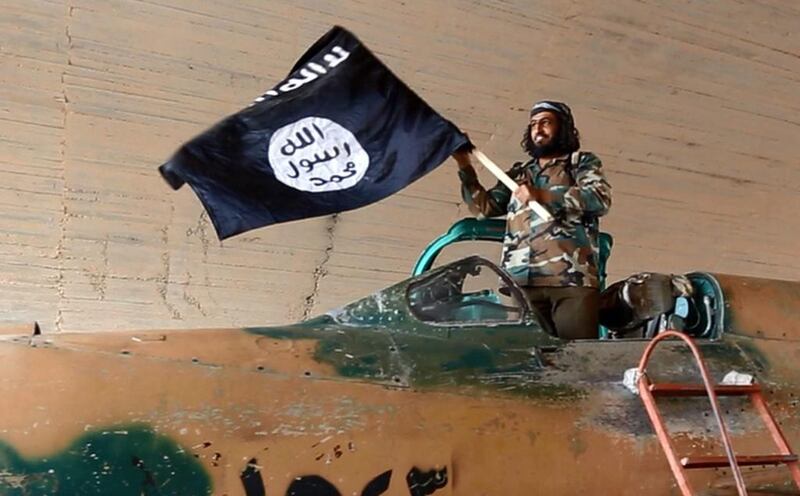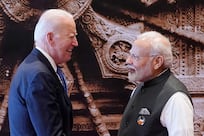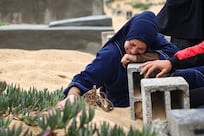March 1 will be a date to remember in the fight against extremism. That date marks the day the war on ISIL hit home for Jordan.
That evening, a battle broke out as Jordanian security services attempted to arrest an ISIL sleeper cell in the northern city of Irbid.
Several hours of gun-battles resulted in the killing of one police officer, seven ISIL militants and the arrest of 13 jihadists.
In its initial findings, Jordanian police say the ISIL cell was “plotting attacks against civilian and military sites” and sought to “destabilise national security”.
Jordan has since ordered a media blackout on the case to protect continuing investigations.
But one thing remains clear: ISIL has launched a war on Jordan it is destined to lose. While ISIL expanded its territory in Syria and Iraq, Jordan has spent the past two years tightening its security at home, staying several steps ahead of the jihadist group to prevent infiltration from outside or support from within.
Since mid-2014, Jordan has been implementing a “shoot-first” policy towards unknown groups or people attempting to storm the border from Syria. The policy has been relatively successful – preventing over 15 breaches of the border and resulting in the killing of over 20 militants.
Reportedly the kingdom is taking its security one step further, building more security watch towers and installing sensor technology, laying the groundwork for an eventual security fence expected to cover much of the Jordanian-Syrian border.
Jordan has even taken a new approach. In March 2015, faced with the prospect of thousands of Syrians fleeing from ISIL-controlled areas such as Al Riqqa into the kingdom, Jordan altered its four-year open border policy.
Rather than bringing refugees of all stripes into the country, Jordan began screening and processing refugees in the desert no-man’s land along the Jordan and Syria border, running extensive background checks before any Syrian refugee sets foot on Jordanian soil.
As of this March, more than 15,000 Syrians remained in the camp, with 40-100 allowed entry into Jordan each day. The move may not have been good publicity, but it was effective.
Syrians no longer flood the borders. Jordan has eliminated the possibility of front-door infiltration by ISIL. Amman now knows the identity, origin and background of each and every Syrian entering Jordan.
Jordan has also stayed ahead of ISIL by cutting off any potential jihadist threat at home.
In December 2015, months before the Irbid clashes, Jordan jailed Abu Mohammed Al Tahawi, the most influential salafi jihadist cleric in northern Jordan and most ardent ISIL supporter in the kingdom.
In jailing Tahawi, Jordan neutralised ISIL’s most charismatic advocate and left many hard-line salafist jihadists leaderless.
But Jordan’s crackdown is not limited to clerics and ideologues. Jordan has jailed over 200 jihadist sympathisers since late 2014, many of them aligned with ISIL, for acts ranging from gun smuggling to mere Facebook pledges of allegiance to the group.
Meanwhile, Jordan has allowed salafists and jihadists critical of ISIL “room to speak”– provided they denounce ISIL and do not harm public security or incite violence.
ISIL will be hard pressed to establish a new cell let alone a branch in Jordan when potential foot-soldiers and leaders are behind bars. The presence of anti-ISIL clerics not only in Jordan’s mosques, but within the salafist community, provides little fertile ground for the group to grow.
Yet tightened security and savvy intelligence gathering alone will not make Jordan immune to ISIL attacks. Alleged ISIL affiliate Yarmouk Martyrs Brigade is inching close to Jordan’s borders.
There will be future attempts. There may even be future casualties. But March 1 will remain the day ISIL fired the first shot in a losing war.
Taylor Luck is a journalist and analyst in Amman





